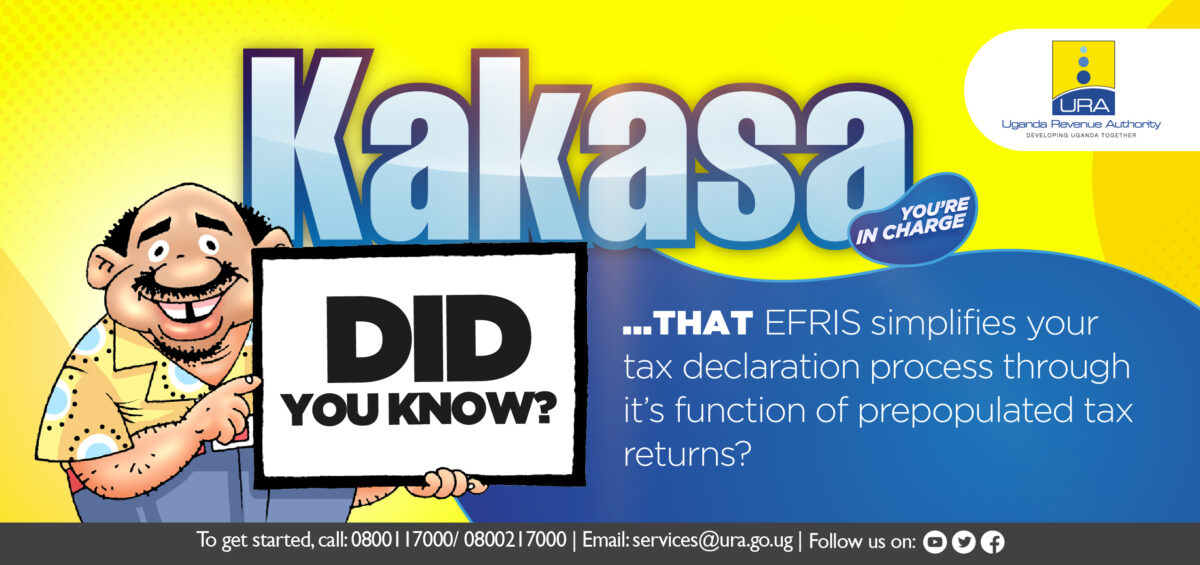Adad Iraguha, the Head Commercial Asset Financing at Absa Bank Uganda
The lack of leasing law in Uganda is frustrating investors, Adad Iraguha, the Head Commercial Asset Financing at Absa Bank Uganda has said.
He made the remarks during a recent webinar with the bank’s suppliers.
“There’s no leasing law currently in Uganda. Most leasing contracts are based on the common law principles, international accounting standards and local tax laws. We need a leasing law to increase certainty for investors,” Iraguha said, adding that once the law is in place, businesses will grow as many will embrace leasing instead of buying/owning assets expensively.
“If I want a car to go to work and take my children to school, do I have to own it? The answer is no,” he said.
A lease is a contract between the lessee and lessor where the later purchases an asset/s and passes it to the former in anticipation of a regular reward known as lease rental.
“The asset remains in the names of the lessor while the lessee enjoy the possession and economic benefits accruing from the asset,” Iraguha said.
The major players in the industry are Commercial Banks, captive leasing companies and independent leasing companies
He disclosed that some of the leasing houses in Uganda include Absa Bank, Dfcu Bank, Stanbic Bank and Centenary Bank.
“The commonly leased assets in Uganda are grey motor vehicles, plant and machinery and brand new motor vehicles,” he said, adding: “Grey motor vehicles are usually leased by private individuals while brand new motor vehicles are purchased by the Government.”
He noted that plant and equipment are usually leased by manufacturing and printing companies who wish to increase their production capacity.
Iraguha noted that leasing is picking up in Kenya, Rwanda and Tanzania because they having leasing laws unlike Uganda.
“Investors don’t want uncertainty; they want to know what the laws of the land about leasing,” he emphasized.
He noted that besides banks that are offering leasing services through working with partners (suppliers), Uganda now has three independent leasing companies.
“This is going to increase competition; banks now have competitors which is not only going to increase activity but also improve quality of services,” Iraguha said.
He urged Ugandans and East Africans to embrace leasing, noting that in developed countries, people and companies don’t own items like computers, vehicles and furniture among others because they get them through leasing which is cheaper.
He said a leased item such as vehicles can be used by a contractor in other East African countries.
He added that the Uganda Leasing Association is pushing to have the leasing law in place, noting that Government has already approached them for leasing opportunities.
“Of course it comes with challenges and opportunities. Independent leasing companies will have to go through a rigorous process to get a license,” he said, urging them to put their house in order.

Baisama Awori, the General Manager at Toyota Uganda noted that the future of leasing in Uganda is bright.
He said after the oil Final Investment Decision is signed, there will be “a lot of activity in leasing.”
He added that leasing offers an easy route to get superior vehicles.
“Over 90% of vehicles in Uganda are used. Leasing enables one to get a new car,” he said.
Reports indicate that leasing represents less than one percent of private sector capital formation (approximately 5% of total private sector credit) in Uganda as compared to the average of 14% in emerging markets and 31% in USA. It is further reported that one institution controls over 85% of the Ugandan leasing market.
Leasing can allow new businesses with limited capital and credit history or small businesses without a history of financial statements to quickly boost their operations, as long as the cash flow from operations is sufficient to cover the lease service payments.
Leasing is not a direct substitute for lending since it does not directly increase operating capital, but when it enables the borrower to avoid using operating capital to purchase an asset, it can have similar results.
“Since lessors own the assets and use the leased asset as the primary security, SMEs can still be eligible for the lease financing when bank loans would not be available,” experts say, adding: “SMEs often have no access to long-term financing (over one year). Leases can provide longer duration financing, often with terms from one to five years.”
Lease payments can be structured to mirror individual cash flow patterns of the lessee in contrast to bank loans, which have standardized repayment schedules.
It is said that owing to the collateral-backed nature of the financing, less analysis is required of the customer’s credit worthiness, assets or capital base; less time is needed for assigning other collateral; and, simpler documentation can be used. (This may be countered by the time it takes to acquire the assets, usually from foreign vendors).
Benefits to Lessors Security
Since lessors own the assets and can repossess them immediately upon non-payment, the security is easier to claim than when the financier has to chase after a client’s collateral, often through poorly developed court systems. Funds usage : Because the lessor purchases equipment and then leases it there is no opportunity for the lessee to use the funds for other purposes.






